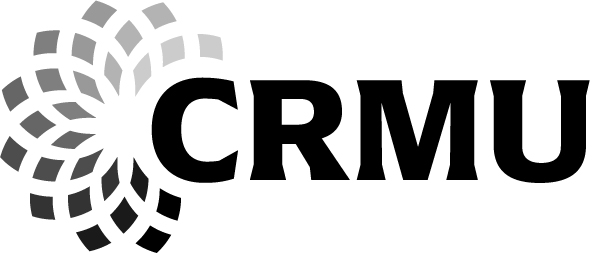Natural Gas Safety
- What to do if you smell gas?
- Natural Gas Detectors
- Carbon Monoxide Danger
- Home Checklist
CRMU adds an odorant to the gas we distribute to make it easy to identify the smell. If you damage any gas facility or you smell natural gas, immediately go to a safe location and call CRMU at 712-999-2225. In addition to the odor, gas leaks can be identified by a hissing or blowing sound coming from natural gas facilities or appliances. If you see discolored vegetation, blowing dirt, or bubbling water in the area of a buried gas line, this could indicate a natural gas leak. If you believe you have identified a gas leak by smell, sound, or sight, please call 712-999-2225 from a safe location.
Because methane--and therefore, natural gas--does not have any odor, CRMU adds a warning "rotten-egg" smell (mercaptan or a similar sulfur-based compound) that can be easily detected by most people. However, people who have a diminished sense of smell may not be able to rely upon this safety mechanism. If you have a concern about your ability to smell the additive that signals a gas leak, you should probably install a gas detector. A gas detector can be an important tool to help protect you and your family. Please follow the manufacturer’s guidelines for the number and location of your natural gas detectors.
Carbon monoxide (CO) is an odorless, colorless and tasteless gas that is produced when any fossil fuel, such as natural gas, does not burn properly. Some of the symptoms of CO poisoning are dizziness, nausea, headache, coughing, and pale skin with cherry-red lips and ear tips. Installing a CO detector is advisable. If you suspect CO poisoning get to fresh air and stay outside, then call 911 or CRMU at 712-999-2225.
In this section you will find information designed to help you use natural gas in the safest possible fashion. We value your business and encourage you to use the energy in your home in the safest possible fashion.
Is your home as safe as it can be? Here are some things to check:
Basement/Utility Room
- Have your heating and venting system cleaned and serviced regularly.
- Check your air filter monthly and clean or replace it when necessary.
- Never step, sit, lean or place a heavy object on appliance connectors.
- If the appliance connector on your range or dryer is made of uncoated brass, call your local plumbing or heating contractor to have it replaced.
- Always use a new appliance connector when you install a new appliance.
- If you ever turn the gas off, never turn the valve back on. Call CRMU to have service restored.
- Teach children to keep toys and papers away from natural gas appliances and not to play near appliances.
- Keep paint, bleach, gasoline and other combustible materials away from natural gas appliances.
Kitchens
- If you smell a gas odor, make sure all pilot lights are lit. If the odor persists, leave the house, opening doors and windows as you go. Do not operate any natural gas or electrical appliances, use the phone, or turn any light switches on or off. Call CRMU from a neighbor's home or from a cellular phone outside the house.
-
- Never use a gas range, burners, oven or propane grill to heat your home.
Bedroom
- Install a natural gas detector and a carbon monoxide (CO) detector in the hall outside bedrooms to help protect against CO poisoning. CO poisoning claims the most lives while people sleep.
- Install smoke detectors on each floor, including one near bedrooms. Check all detectors monthly and replace batteries as needed - at least twice a year.
Garage
- Never start your car with the garage door closed, and never leave it running in the garage, even with the door open. Car exhaust is a common source of carbon monoxide.
- If you smell natural or propane gas, don't start your car.
- Never grill in the garage with the garage door closed. Grilling indoors can cause a buildup of CO.
Yard
- Be sure to keep your natural gas meter accessible and free from snow and ice in winter.
- Know where the shut-off valve is located.
- Before you start any excavating projects, call Iowa One Call at 811.. Utilities will come to mark their facilities with paint, tape or flags.
